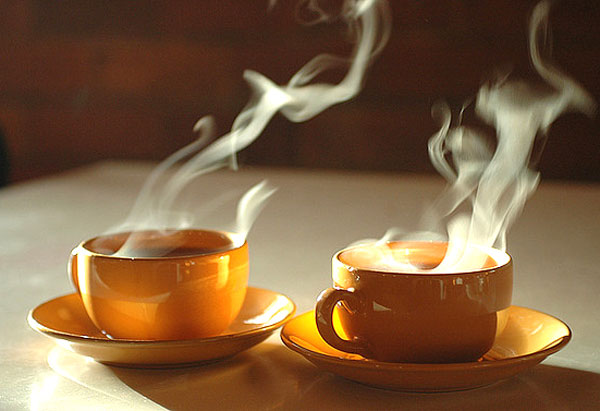
Tea is the most highly consumed beverage in the world next to water. The methods of preparing the beverage varies throughout the world and also depends on the type of tea. In a recent Journal of Food Science study, published by the Institute of Food Technologists (IFT), researchers from University of Malaya found that the temperature and length of time tea leaves are steeped affects their antioxidant properties and differs across types of tea.
In the study, researchers tested three different types of tea, white, green, and black tea. Two varieties of each were tested in hot water for two hours, hot water for five minutes, cold water for two hours, and cold water for five minutes. What they found was that the most effective steeping temperature and time was dependent on the type of tea. In white tea, antioxidant properties were affected by time (longer time means more antioxidants) and not temperature. In black tea, the most antioxidant activity was found in a short hot water infusion (steeping). Increasing the time in hot water actually reduced antioxidant activity. Green tea showed temperature sensitivity and also time dependence — prolonged cold steeping (two hours) yielded the most antioxidants.
In addition, the overall antioxidant capacity of white and green tea was found to be greater than that of black tea. The authors conclude that this information can be used to develop a standard and integrated method of preparing different types of tea infusions to maximize their potential health benefits.